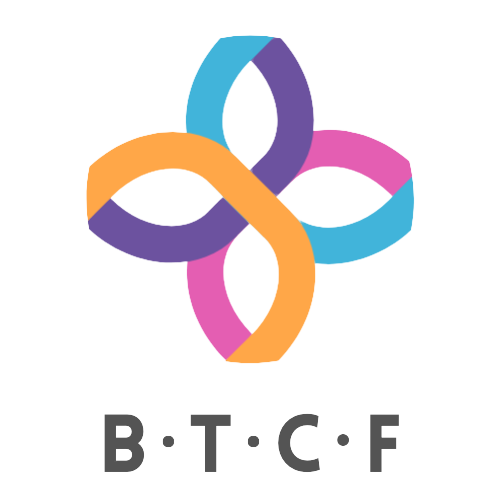The following resources provide information on mental health, disordered eating, and eating disorders. BTCF has chosen to highlight one or more aspects of each that we want to share with you to make your process of learning easier.
OUR COMMUNITY PARTNER
EATING RECOVERY CENTER/PATHLIGHT MOOD SUPPORT GROUPS AND RESOURCES
Eating Recovery Center/Pathlight Mood Suicide Prevention Resource Guide
Mental Health Support Groups:
Eating Disorder Treatment & Recovery Support Groups | ERC Pathlight (pathlightbh.com)
Eating Recovery Support Groups:
Eating Disorder Treatment & Recovery Support Groups | ERC Pathlight (eatingrecoverycenter.com)
Support for Families:
Virtual IOP in California:
Eating Recovery Center | Explore Treatment Centers & Levels of Care
ADDITIONAL RESOURCES
MENTAL HEALTH
#988 Video Message: #BTCF Board Member and Celebrity Ambassador, Courtney Hope
Mental health issues and eating disorders are often intertwined. Frequently, individuals with an eating disorder have an additional illness which can include: Depression, Anxiety disorders, Borderline personality disorder, and Substance abuse.
Treating these illnesses can help make healing from an eating disorder easier. An untreated mental health illness might have increased the likelihood of developing the eating disorder or prevented its recovery. Either situation can create a perfect storm.
Mental health impacts how we feel, think, and social well-being. At every stage of life, it affects how we cope with stress, relate with others, and make everyday life decisions. This can lead us to react to ourselves and others in unhealthy ways.
National Alliance of Mental Illness: (NAMI) The nation’s largest grassroots mental health organization dedicated to educating, advocating, supporting, and building better lives for the millions of individuals and families affected by mental illness.
#988 Suicide Crisis Hotline: “When it comes to mental health crises, one call can save a life, which is why we need to make that call as quick and simple as possible”.
National Institute of Mental Health: (NIMH) The lead federal agency for research on mental disorders.
Teen4TeensHelp: Organization lead by teens who faced serious mental health challenges and choose recovery.
EATING DISORDERS
Eating Disorder Referral and Information Center: Eating disorder referral and information center
Academy for Eating Disorders: (AED) Helps physicians, psychiatrists, psychologists, nutritionists, academic researchers, students, and experts through lived experience connect and collaborate with each other and keep abreast of recent developments in eating disorders research.
National Association of Anorexia Nervosa and Associated Disorders: (ANAD) The leading nonprofit in the U.S. that provides free, peer support services to anyone struggling with an eating disorder, regardless of age, race, gender, identity, sexual orientation, or background.
National Eating Disorders Association: (NEDA) The largest nonprofit organization dedicated to supporting individuals and families affected by eating disorders.
Alliance for Eating Disorders Awareness: The leading national nonprofit organization providing referrals, education, and support for all eating disorders.
Families Empowered And Supporting Treatment of Eating Disorders:(FEAST) The global support and education community of and for parents of those with eating disorders
BIPOC
The Love and Foundation: Brings opportunity and healing to communities of color, and especially to Black women and girls. Through fellowships, residency programs, listening tours, and more, ultimately, we hope to contribute to both the empowerment and the liberation of the communities we serve.
MEN
National Association for Males with Eating Disorders: “NAMED”: Provides support for males affected by eating disorders, provide access to collective expertise, and promotes the development of effective clinical intervention and research in this population.
LGBTQ+
Fighting Eating Disorders in Underrepresented Populations: FEDUp: Aim to spearhead the movement of marginalized communities by organizing and advocating for more accessible, affordable, and culturally competent ED treatment.
BODY DIVERSITY
Association for Size Diversity and Health: Celebrates bodies of all shapes and sizes. Provides ongoing opportunities for development, including educational resources, vetted referral opportunities, and an extensive network of like-minded advocates and professionals.
MINDFULNESS RESOURCES
Headspace: Through science-backed meditation and mindfulness tools on an app. Headspace helps you create life-changing habits to support your mental health.
Mindfulness for Teens: Skills to help teens learn to handle stress one moment at a time.
Calm: An app to help decrease anxiety, stress, improve focus, self-improvement and improve sleep.
UCLA: List and guided meditations. Free.

